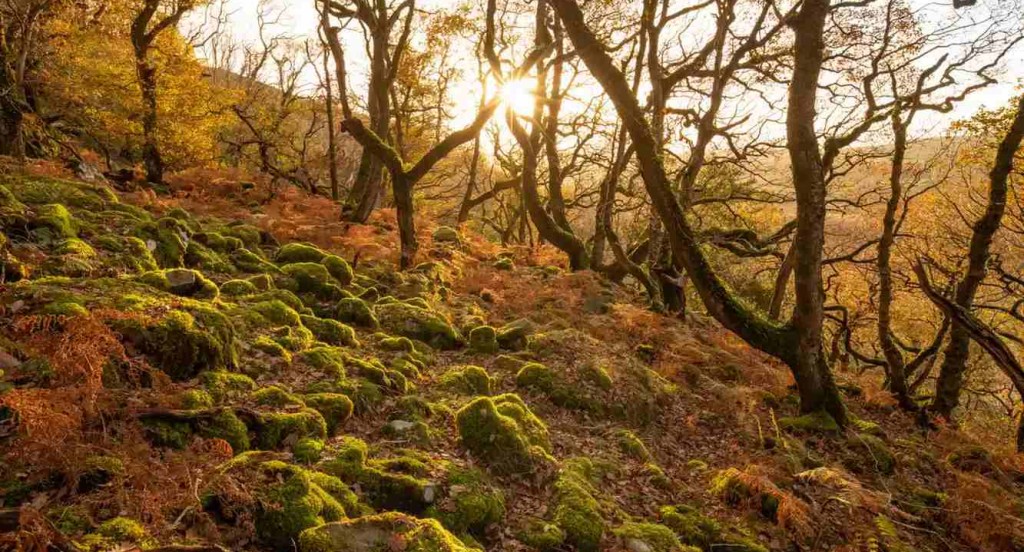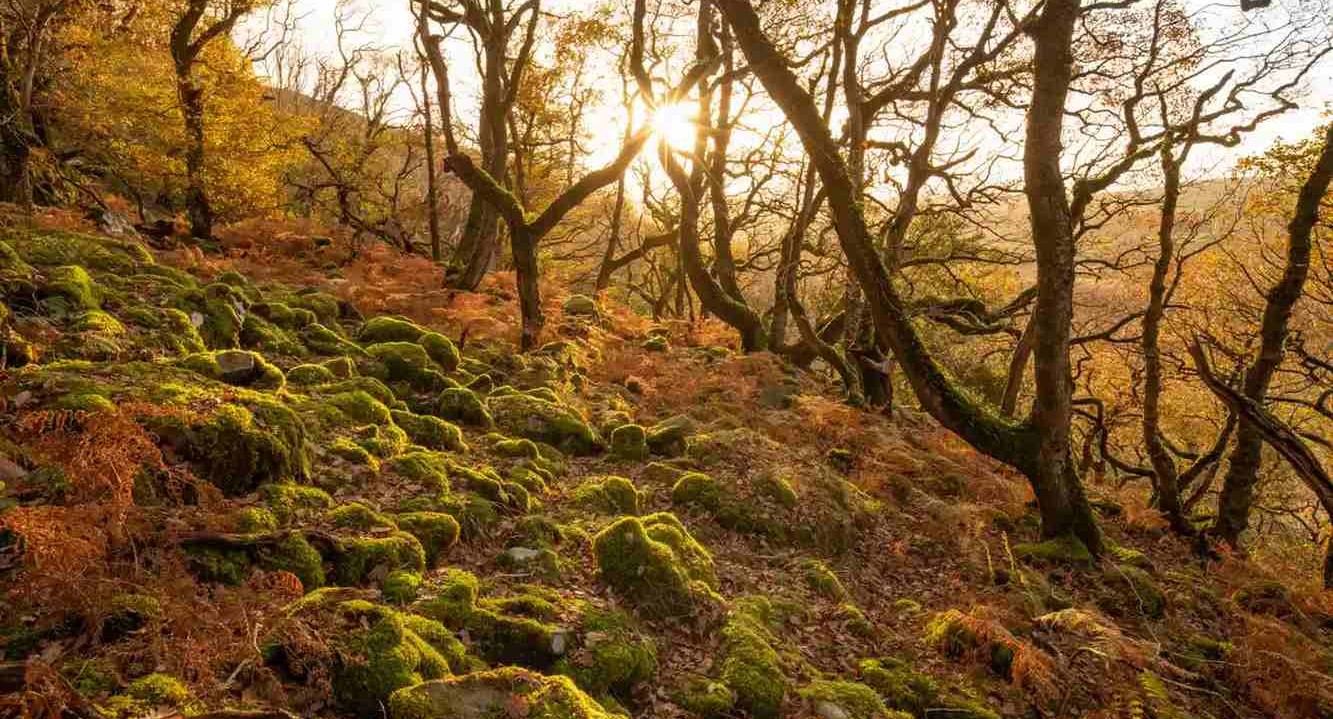
Two so-called “Celtic rainforests” in the UK are to be restored with a mixture of native planting and natural reforestation.
The hope is that they will provide rich habitats for dozens of species, improve groundwater quality and flood prevention, and allow residents and tourists to experience an exceptionally rare forest biome called temperate rainforest.
The most famous and largest temperate rainforests on Earth are found in the US states of Oregon and Washington, along Brazil’s Atlantic coast (known as the Atlantic Forest), and on New Zealand.
Britain, especially Wales, would have featured a certain amount of these Celtic rainforests in areas that experience high moisture content coming off the ocean, and low variations in annual temperatures.
One such place is Creg y Cowin on the Isle of Man, where 28 hectares (70 acres) of native Celtic rainforest will be planted by hand, and another 8 hectares (20 acres) left to regenerate naturally.
The Manx Wildlife Trust will be responsible for the project, and it anticipates “the return of oakwood dwellers such as wood warbler, pied flycatcher, and redstart, as well as raptors, owls, and woodland invertebrates.”
MORE NEWS LIKE THIS: The US Halts Old-Growth Timber Sales in World’s Largest Remaining Temperate Rainforest
Historic agricultural dwellings called “tholtans” will be left on the landscape for their historical and cultural significance.
Elsewhere, in Gwynedd, North Wales, another 40 hectares (112 acres) of Celtic rainforest will be raised via a mixture of native planting and regeneration. The selected site is the peak and slopes of Bwlch Mawr, near the university town of Byrn Mawr.
MORE REWILDING IN BRITAIN: Irish Metalhead Turns His Ancestral Estate into Model of Rewilding: It Naturally Grew Into Biodiverse Eden
“There’s real momentum now to restore and expand our amazing temperate rainforests, and it’s brilliant to see the Wildlife Trusts advancing their plans,” Guy Shrubsole, environmental campaigner and author of The Lost Rainforests of Britain, told the Guardian in the wake of the announcements.
The projects were funded by a £30 million donation from the UK insurance company Aviva, which hopes to sequester carbon in these new rainforests.
SHARE This Exciting Environment Returning To Britain…




















